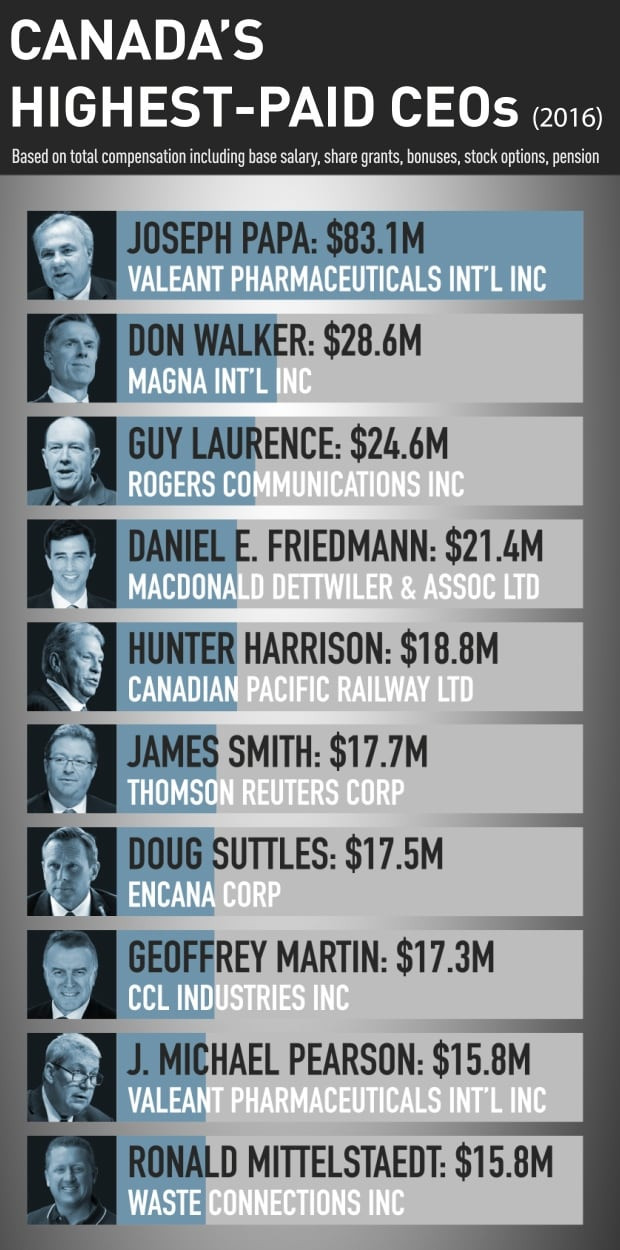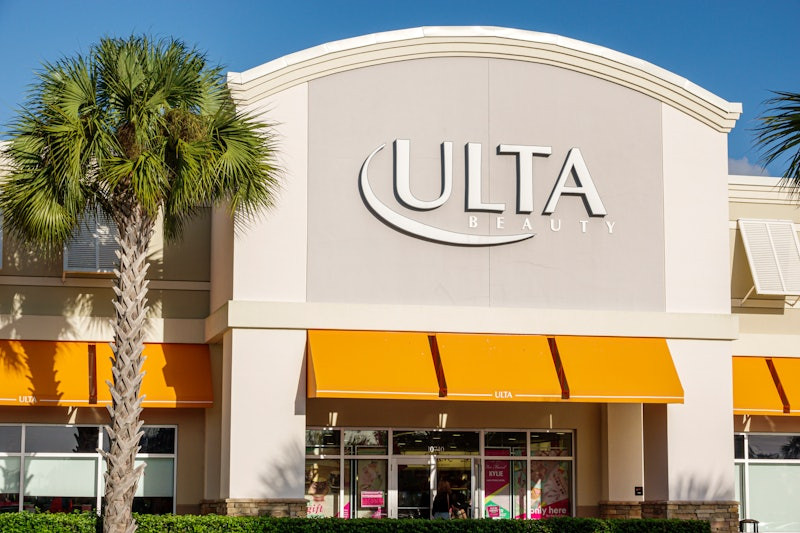Ratan Tata, a former chairman of Indian conglomerate Tata Sons, died at a Mumbai hospital on Wednesday night. He was 86. Tata’s death was announced in a statement by Tata Group Chairman Natarajan Chandrasekaran, who called Tata “a truly uncommon leader whose immeasurable contributions have shaped not only the Tata Group but also the very fabric of our nation.”
A Life Dedicated to Business and Philanthropy
Ratan Tata, born in 1937, was a scion of the Tata family, which established the Tata Group in 1868. He took over the chairmanship of Tata Sons in 1991 and led the conglomerate through a period of rapid growth and expansion. He spearheaded the acquisition of several iconic brands like Jaguar Land Rover, Tetley Tea, and Corus Group, transforming the Tata Group into a global powerhouse.
Tata’s leadership was marked by a strong focus on innovation, social responsibility, and ethical business practices. He was known for his commitment to sustainability and his philanthropic work. The Tata Trust, founded by the Tata family, has been instrumental in supporting various social causes, including education, healthcare, and poverty alleviation. Tata’s personal philanthropy was also widely admired, and he was known for his generous contributions to various organizations.
A Legacy of Transformation
Tata’s leadership significantly reshaped the Tata Group, ushering in a new era of modernization and globalization. He played a pivotal role in making the Tata Group a global force, establishing its presence in diverse sectors like automobiles, steel, technology, and hospitality. His strategic vision and astute business acumen transformed the Tata Group into one of the most respected and admired business conglomerates in the world.
Tata’s Impact on the Tata Group
The Tata Group is a sprawling collection of nearly 100 companies, including the country’s largest automaker, the largest private steel company, and a leading outsourcing firm. The companies employ more than 350,000 people worldwide. Tata’s transformative leadership propelled the group to new heights, making it a global giant in various industries.
Acquisitions That Shaped an Empire
One of the most notable achievements of Tata’s leadership was his strategic acquisitions. In 2008, Tata Motors acquired Jaguar and Land Rover from Ford for $2.3 billion, a move that catapulted Tata Motors onto the global automotive stage. This acquisition was a testament to Tata’s bold vision and his ability to seize opportunities to expand the Tata Group’s reach. His acquisition of Corus Group, the world’s fifth-largest steelmaker, further solidified the Tata Group’s position as a global leader in the steel industry.
A Visionary Leader and a Philanthropist
Tata’s leadership was marked by a strong commitment to social responsibility and a deep sense of philanthropy. He was widely admired for his humility, kindness, and his unwavering commitment to making the world a better place. He believed that businesses had a responsibility to contribute to society, and he instilled this belief in the Tata Group’s culture. He was a staunch advocate for education and healthcare, and he was instrumental in establishing numerous institutions that provide these services to underprivileged communities.
Beyond the Boardroom
Beyond the boardroom, Tata was known for his simple lifestyle and his down-to-earth demeanor. He was a man of great integrity and humility, who never forgot his roots. He was also a keen observer of the world, and he had a deep understanding of the needs of the people of India. His vision for India was one of progress and prosperity, and he worked tirelessly to make this vision a reality.
Remembering a Legacy
Ratan Tata’s legacy will be remembered for generations to come. He was a visionary leader who transformed the Tata Group into a global giant and a philanthropist who dedicated his life to making the world a better place. His commitment to innovation, social responsibility, and ethical business practices will continue to inspire future generations of business leaders. His passing marks the end of an era, but his legacy will continue to shape the Tata Group and India for years to come.
















